We have couchbase DB running in production with ~4,300,000 documents in a bucket
We are trying to retrieve records in paginated way. Currently we are using offset based pagination Eg. To retrieve first 20 records we are using below query, and we are incrmenting offset value to get the subsequent records.
SELECT startdatetime,
id,
Meta().id as m_id
FROM test_document USE index (test_doc_with_order using gsi)
WHERE customerId='343434375317c0523ce020d6'
AND accountId='12233322'
AND documentType='TESTING'
AND documentStatus IN ["ACTIVE", "NEW", "OLD"]
ORDER BY startDateTime,
meta().id limit 20 offset 0
But this approach increased our query execution time linearly when we are traversing through the offset (means getting next set of records). So we decided to move this keyset based paginated query in reference with to blog
Here after fetching the first page we are using below query to get the next set of records
SELECT startdatetime,
id,
Meta().id as m_id
FROM test_document USE index (test_doc_with_order using gsi)
WHERE customerId='343434375317c0523ce020d6'
AND accountId='12233322'
AND documentType='TESTING'
AND documentStatus IN ["ACTIVE", "NEW", "OLD"]
AND startDateTime >= 'last_document_startTime-2023-04-16T20:12:00Z'
AND meta().id > "last_document_meta_id"
ORDER BY startDateTime,
meta().id limit 20
getting the last document meta().id and startDateTime and passing to above query.
But we are finding some records are missing while fetching the next set.
Index we have in our couchbase DB
CREATE INDEX `test_doc_with_order` ON `test_document`(`documentType`,`customerId`,`accountId`,`testDocumentId`,`documentStatus`,`startDateTime`, `Meta().id`) WHERE (`documentType` = "TESTING")}
